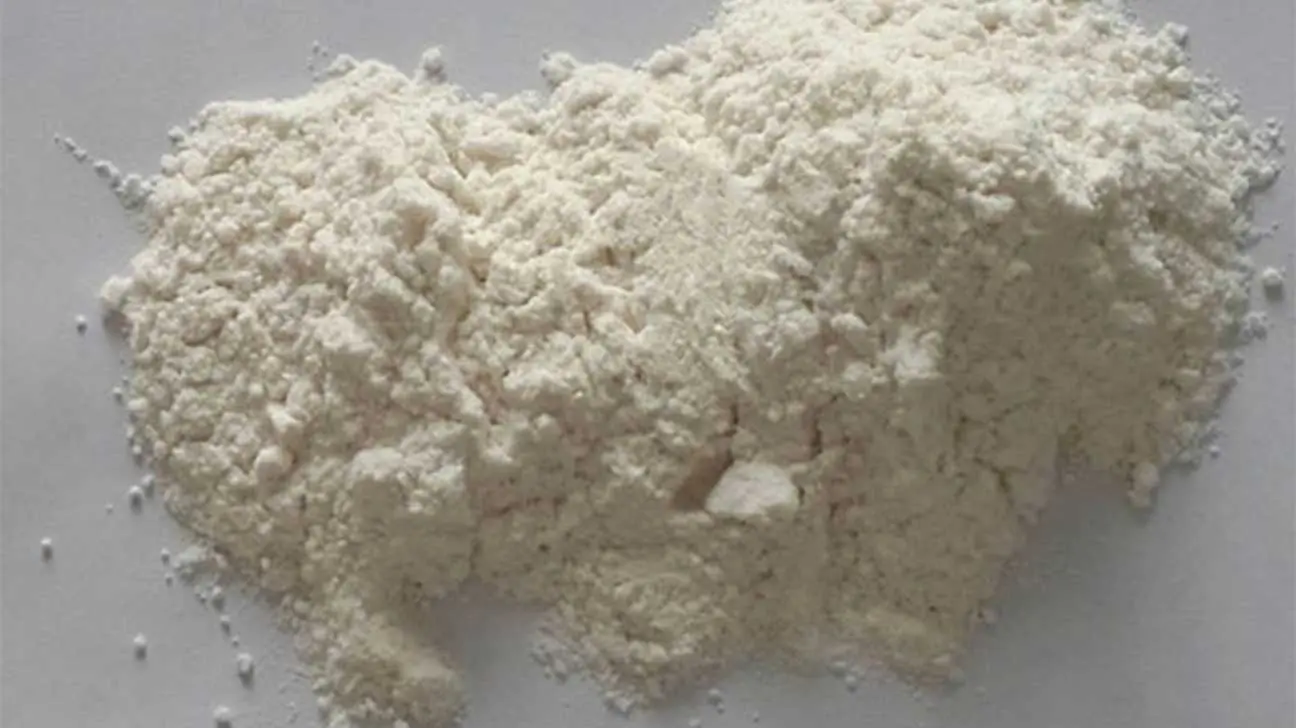
Fentanyl is one of the strongest synthetic prescription opioids used to help manage chronic pain or severe pain after surgery.
A person that is dependent on the drug and has built up a tolerance from prolonged use may choose to snort crushed up (illegally produced) pills to feel its effects more strongly.
This method of intake intensifies the feelings but will result in a shorter duration compared to when taken appropriately through an extended-release formulation, such as a transdermal patch or lozenge.
Beyond the risks of overdose death, a person that abuses fentanyl may develop a dependency and experience unpleasant long-term and short-term side effects.
Side Effects Of Snorting Fentanyl
When fentanyl is taken by snorting, it is often illegally obtained in powder form, which is then diluted and put into nasal sprayers or eye droppers, or pressed into pills (which some people crush and snort).
Fentanyl is also a common additive to other opioids, methamphetamine, cocaine, and hallucinogenic club drugs.
Snorting fentanyl causes extreme happiness and sedation. People can very easily become emotionally addicted to the positive feelings and physically dependent on the drug, making detox and recovery an uncomfortable process.
Some general effects of fentanyl drug use include:
- extreme happiness
- sleepiness
- drowsiness
- slowed heart rate
- tight feeling in the throat
- nausea
- confusion
- constipation
- sedation
- stiff or rigid muscles
- difficulty in concentrating
- pinpoint pupils
- weakness
- problems breathing
- unconsciousness
- sweating
- flushing
Physical Effects Of Snorting Drugs Like Fentanyl
When any drug is taken by snorting, serious physical damage to the nose and throat can occur. Because the nose helps to filter air through mucous membranes and small hairs, snorting any foreign substance will impact the nose’s ability to properly filter air.
Snorting drugs can cause:
- runny nose or congestion
- nose bleeds
- mouth ulcers
- ear and facial pain/swelling
- trouble swallowing
- throat damage and hoarse throat
- damage to the nasal septum and mucous membranes
Long-Term Effects Of Snorting Fentanyl
In recent years, fentanyl has been seen as a public health menace for its contribution to the opioid overdose epidemic.
Whenever fentanyl is used extensively, either through fentanyl patches or by methods of abuse like snorting or plugging, the opiate can cause lasting physical and emotional effects.
Some long-term effects can include symptoms like:
- low blood pressure
- weakened heart valves
- irregular heartbeat
- heart attack
- stroke
- increased risk of cancers and infections
- kidney and liver damage
- constipation
- memory loss
- irritability
- increased risk of chronic depression
- increased sensitivity to pain
Risk Of Overdose From Fentanyl
Because fentanyl is a central nervous system depressant, it slows down vital systems like the heart and lungs.
If it is taken to excess or with other CNS depressants like alcohol or benzodiazepines (like Xanax or Valium), then the possibility of overdose increases.
Overdose can also happen when a person with an opioid tolerance stops taking the drug for some time and then begins again.
This new, lower drug tolerance makes overdosing on a strong opioid like fentanyl more likely if the person ingests the drug at previous levels, or through methods like snorting, which increases the drug’s bioavailability.
Some people that have experienced a fentanyl overdose get irreversible brain damage due to the lack of oxygen from respiratory depression and low blood flow to the brain. This can result in permanent memory loss and symptoms similar to dementia.
A fentanyl overdose produces symptoms such as:
- decreased respiration rate or labored breathing (respiratory depression)
- confusion
- agitation
- cold or clammy skin
- changes in pupil size (pinpoint pupils)
- extreme drowsiness
- lethargy
- coma
The best-known solution for fast treatment of a fentanyl overdose in the United States is naloxone, which works to reverse the drug’s effects.
Naloxone, commonly known as Narcan, is available as a hand-held auto-injector (Evzio), an injectable (needle) solution, and a nasal spray (Narcan Nasal Spray).
Fentanyl Detox
Supervised fentanyl detoxification programs help manage dangerous withdrawal symptoms. Supervised opioid tapers may be a part of a prolonged fentanyl detox.
Therapeutic drugs like methadone can help manage drug cravings and reduce physical withdrawal symptoms.
These symptoms can begin hours after the last ingestion of fentanyl. Some symptoms like cravings and depression may last much longer.
Fentanyl withdrawal symptoms include:
- severe cravings
- irritability
- uncontrollable leg movements
- depression
- insomnia
- flushing
- chills
- nausea
- vomiting
- diarrhea
- increased blood pressure and heart rate
- weakness
- muscle and bone pain
- cold flashes with goosebumps
Fentanyl Abuse Treatment Options
Addiction and dependence on drugs like fentanyl make normal life difficult to manage. If you or a family member are struggling with prescription opioid abuse, then treatment can help.
Call now to talk to one of our addiction treatment specialists to learn more about the range of treatment options available for you. Many people find supervised inpatient detox to be beneficial for recovery from opioid dependence.
In our new era of COVID-19 and social distancing, it can be easier to slip back into patterns of drug use. Don’t wait to get help — call today to get onto the path of recovery.
Addiction Resource aims to provide only the most current, accurate information in regards to addiction and addiction treatment, which means we only reference the most credible sources available.
These include peer-reviewed journals, government entities and academic institutions, and leaders in addiction healthcare and advocacy. Learn more about how we safeguard our content by viewing our editorial policy.
- Centers for Disease Control and Prevention (CDC)—Fentanyl Drug Overdose
https://www.cdc.gov/drugoverdose/opioids/fentanyl.html - Drug Enforcement Administration (DEA)—Drug Fact Sheet: Fentanyl
http://www.dea.gov/sites/default/files/2020-06/Fentanyl-2020_0.pdf - National Institute on Drug Abuse — America’s Addiction to Opioids: Heroin and Prescription Drug Abuse
https://www.drugabuse.gov/about-nida/legislative-activities/testimony-to-congress/2016/americas-addiction-to-opioids-heroin-prescription-drug-abuse


